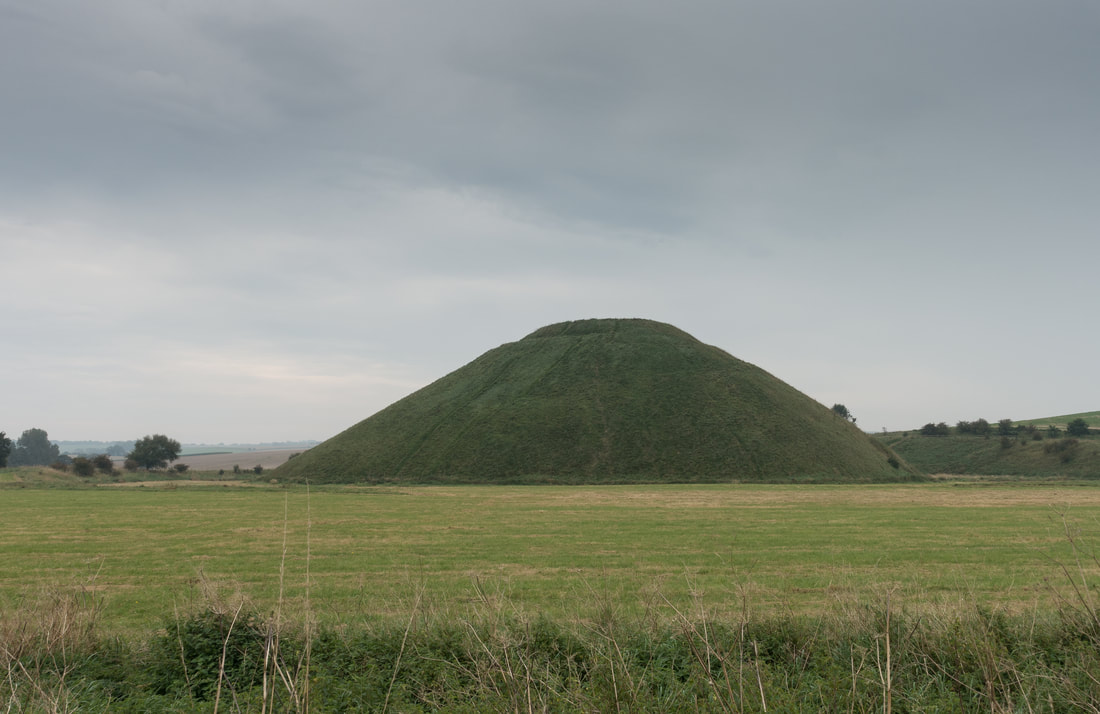|
I’ve be accused of being a nutritional Luddite on a few occasions. I guess this stems back to being told firmly during my coaching qualifications that I was not a nutritionist and that, when asked for a sports nutrition recommendations, I should refer to a ‘healthy balanced diet’ and make a swift exit. I haven’t moved from this position and the more I find out about the food industry generally and the sports nutrition industry specifically, the less likely I am ever to do so. Academically I’m an evolutionary psychologist, interested in how & why humans have come to be what they are over the last couple of millions years so Luddite is an underestimate. Neolith more like. All this might seem a stretch for a piece about performance nutrition for cyclists but bear with me, at least I’m not starting with ‘first, the earth cooled’. We’ve been cooking food and combining ingredients to make tasty things for a long time. Research shows fire was first used to process food about 1.4 million years ago and has been in daily use for 300,000 years. Cooking allowed us to expand the things we could safely eat, helping us reproduce and spread across the globe. We evolved mainly eating the nuts, berries, meat and eggs that were naturally available to either hunt or gather. About 12,000 years ago humans began to domesticate wild crops to produce wheat and oats and animals (pigs and cattle) so we didn’t have to hunt or gather it just look after it, cook it and eat it. Evolutionarily it worked. There are now 8 billion of us. ’If you’re firmly of the opinion ‘God did all this’ 3000 years ago, you should probably stop reading now... All babies are born with the ability to digest their mother’s milk but this fades as they grow out of childhood. Adults developed the ability to process lactose (lactase persistence) about 5000 years ago because it was evolutionarily advantageous and genetically selected for. This means we are now able to drink milk and digest dairy foods without shitting ourselves to death or being sick. Milk is a readily available food source rich in protein, fat and minerals meaning a human with the ability to tolerate it had a better chance of surviving and reproducing than one that didn't. It is also sustainable provided we don’t eat the cow and turn its skin into shoes. The reason for troubling you with this prehistoric lesson is to emphasise the human digestive system has evolved over millennia. If the fundamentals change, they change slowly. We need to reframe ‘performance nutrition’ because if we want to thrive as athletes we first need to be healthy humans and sadly, many of us are not. This means eating more whole, unprocessed foods without additives, particularly sugar and calorie free sweeteners. Whilst we desperately need to pay more heed to a digestive system attuned to dragging big stones around and have a knees up in mid summer, Ultra processed food (UPF) now makes up the majority of our diet. On average 73% of the food sold in supermarkets is UPF. In the UK 1 in 4 adults are obese and a further 1 in 3 are overweight because of this. So, what’s to be done to ensure our diet supports rather than hinders performance? Reduce consumption of Ultra Processed Foods - The food industry, of which sport nutrition is a microcosm, morphed from the mid-1970s from supplying food to producing consumables that look like food. We are now faced with clever, well financed corporate entities trying to persuade us to stuff our finely tuned system with chemicals that shouldn’t be there in quantities we don’t need. A study by an agency of the The World Health Organisation says Ultra Processed Food (UPF) is responsible for increases in cancer, heart disease and diabetes as well as encouraging over eating. Bread has historically been made from wheat, flour water and yeast. However, the ingredients list for a Sainsbury’s wholemeal loaf is wholemeal wheat flour, water, wheat gluten, yeast, rapeseed oil, salt, spirit vinegar, soya flour, calcium propionate, caramelised sugar, mono and diacetyl tartaric acid esters of mono and diglycerides of fatty acids, palm oil and ascorbic acid. Many of the staples of our diet have changed, but nobody has told us. UPFs now make up about 60% of the adult diet. 70% for adolescents. It is the foundation of the current obesity epidemic as it is easily absorbed, calorie dense, nutrient deficient and addictive Eat whole foods - As sad as it seems, it is necessary to critically look at those things claiming to be food to see what emulsifiers, flavour enhancers, preservatives and sweeteners have been added to them to understand the effects they have. For example, sugar substitutes like aspartame prime the gut and hormonal response on taste to expect sugar or a nutrient that contains it. When the 2 million year old reward centre of the brain doesn’t get the calorific and nutritional content it has been conditioned to expect, cravings develop and temptation is to hit the biscuit barrel. Perhaps even worse, deprive the amygdala of the sweet treat is has been promised and it will become stressed and release cortisol with the doubly whammy of anxiety AND a greater propensity to store fat. We’re better off just eating the sugar. A link to Dr Robert Lustig’s excellent summary of the effect of sugar and UPFs is here if you would like more detail. We are physiologically and psychologically ancient. To optimise performance, maximise the consumption of whole foods, minimise those that contain lots of ingredients and additives and look critically at 'health' claims. Don’t fall for sports nutrition marketing - Humans can’t absorb more than 90 grams of carbohydrate per hour no matter how soft the cushion one sits on or how persuasive the marketing campaign. Evolution has given us a very effective mechanism for storing excess carbohydrate for later consumption - fat. Many of us have discovered building a fat store up is effortless, reducing it very difficult. On average we carry 1600 kcals worth of carbohydrate in the liver and muscles, enough for about 4 hours of Zone 2. Short training sessions do not need to be additionally fuelled. Unnecessary carbohydrate makes for a fatter cyclist, not a faster one. Rather than gels, bars and protein shakes it’s likely most of us would benefit from a shift to a couple of bananas and a glass of milk to fuel and recover from longer or more intense rides. Beware of the zeal of the recent convert – Leave a packet of Mr Kipling’s Cherry Bakewells or some sherbet lemons within my catchment and there would be a good chance they’d go mysteriously, but rapidly, missing. Much of the information about Ultra Processed Food and sugar is new to me and I’m experimenting with changing my own diet. I’m acutely conscious of the zeal of the convert and I don’t want to join the ranks of the nutrition Nazis. However, maybe highlighting the struggle our prehistoric digestive system and brain has to extract anything nutritionally helpful and psychologically fulfilling from the stuff provided by modern food industry will provide some (whole) food for thought. There is an excellent Royal Institution lecture by Dr Chris van Tulleken on YouTube here if you’d like to know more about UPFs. It’s less about having a performance diet and more about avoiding one that actively harms us A biscuit snaffling nutritional hypocrite, Rich Smith is a psychology graduate and a British Cycling qualified Level 3 Road and TT coach supporting riders nationally and internationally. He is coach to the Great Britain Transplant Cycling team. He launched RideFast Coaching in 2015 to lecture people on what they should eat despite being unqualified to do so.
0 Comments
Leave a Reply. |
AuthorThe ramblings of a cycling coach... Archives
May 2024
Categories |
|
© COPYRIGHT 2022. ALL RIGHTS RESERVED.
|


 RSS Feed
RSS Feed
